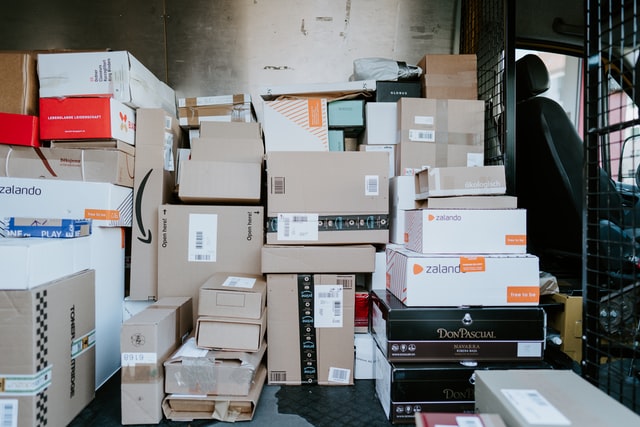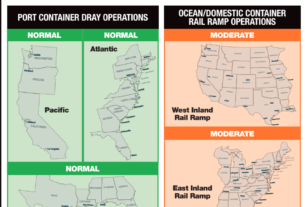The Pick-up Drop-off (PUDO) lockers’ market has exploded in recent years. With the rise of e-commerce more and more logistics operators are looking into bringing lockers onto the streets of cities where last mile operations need fast improvement. We spoke to Bob Black, Deputy Chairman of Doddle, about the benefits of lockers, how they are transforming the urban logistics landscape and more. Watch the full video interview now.

What are the benefits of PUDO lockers?
It’s a great question, and it’s one that many operators around the globe are grappling with. The lockers’ network has become a great opportunity for carriers and post operators around the world to expand their out-of-home delivery options. So we’re seeing an approach to that in many different ways. In some countries it is the incumbent post office that is the market leader. For instance, the post operator in Australia has over 1,100 lockers deployed. In Germany the postal service has taken a similar approach.
In other countries, like in the UK, it is quite fragmented. There are locker companies installing them and companies like Amazon who do it. Doddle also has a locker network that we support in the UK. That is trying to push volume into more efficient out-of-home solutions.
So rather than the final mile being at the consumer’s door, we’re able to divert that final mile delivery into a convenient collection point.
What we saw during my time, my six years at Australia Post, was that offering this gave the consumer the control of their own choice. We actually realised that consumers selecting their own out-of-home delivery option gave them a collection at any point in time that they could go and do it. There was a certainty that it was going to arrive. They’d be notified when it arrived and it would be safe and secure.
When can you see the return of investment?
What we found is that it was very difficult for us to then monetize that. People were saying they had to do the job and that we didn’t deliver to their door. They would ask why we would charge them. So you have to look at the investment in what is in a very different way. It isn’t necessarily going to be something that you’re going to generate revenue from. You’re actually going to make your delivery network greener, more efficient, reduce your costs to serve and be able to consolidate deliveries to one point when multiple consumers will come at their convenience. So the way that we looked at this was through efficiencies: cost efficiencies and environmental issues to reduce the impacts of roadside delivery to homes.
Is there the perfect location and a critical mass of people that would justify an investment in PUDO?
We’re back into a period of change where people who are going back to the office will use the lockers at train stations, bus stops, etc. That’s where you’ve got good foot traffic already. So superstores, town centres where you’ve got high footfall.
Are lockers useful for just a specific type of goods – no perishables or large goods?
They can be adapted and fitted out with temperature controlled units. There’s an additional cost to go with a locker that is oversize. When you double a locker with a post office, a bank or a superstore you get options.
When we move through e-commerce channels and we look at the more mature markets, the likes of the US or the UK, where we’re now seeing white goods being ordered online and beds or mattresses, of course, lockers don’t solve that problem.
Watch the full video interview with Bob Black to learn more about the experience of Australian Posts with PUDO, how the UK market is transforming and its fragmented nature would mean for the locker industry and couriers. ✷


